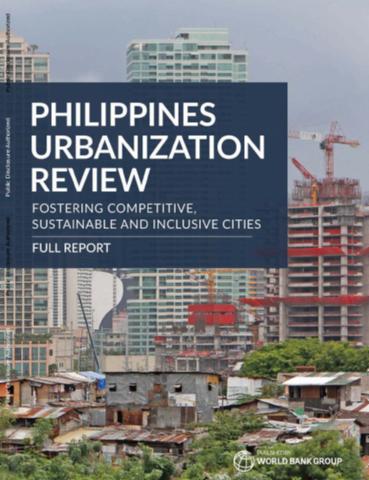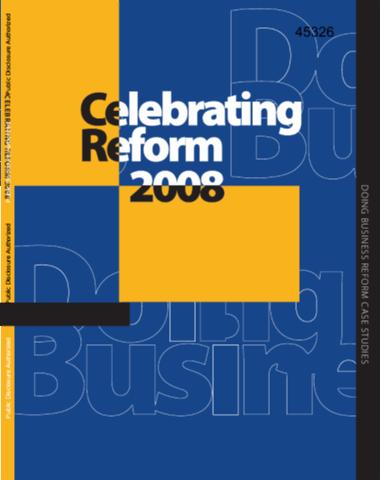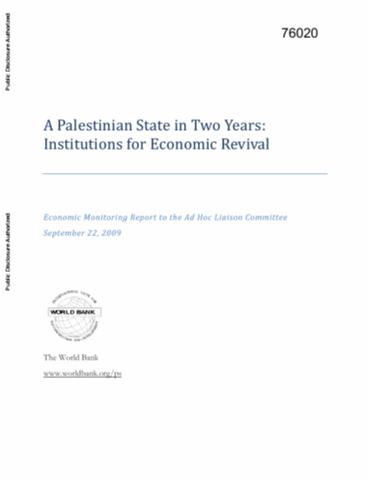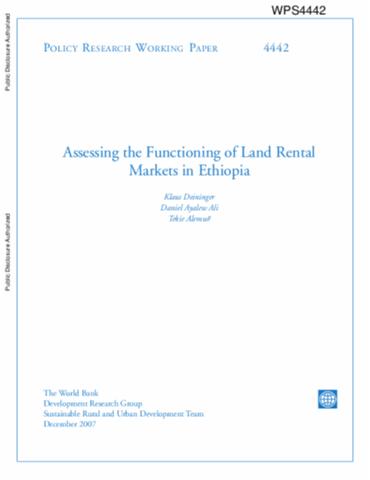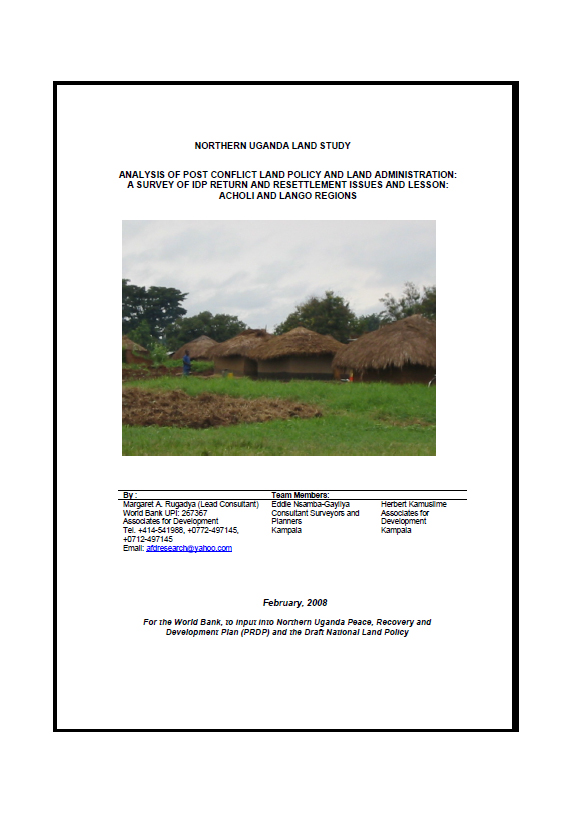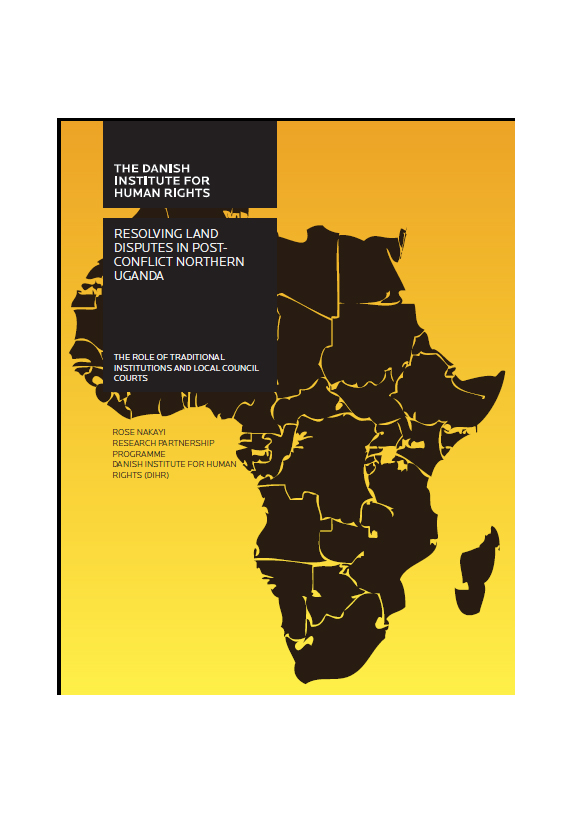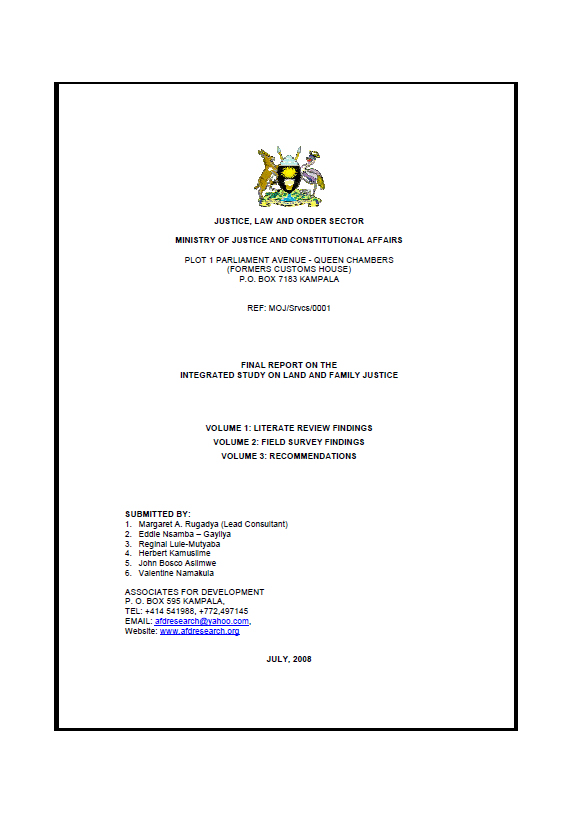Philippines Urbanization Review
Urbanization is a driving force for growth and poverty reduction. Globally, over 80 percent of economic activity is concentrated in cities, and cities are essential for lifting millions of people out of poverty through the opportunities that density and agglomeration can bring with jobs, services, and innovation. However, if not carefully managed and planned for, the benefits of urbanization are not realized and can result in congestion, slums, pollution, inequality and crime. City competitiveness is an important part of successful urbanization.

